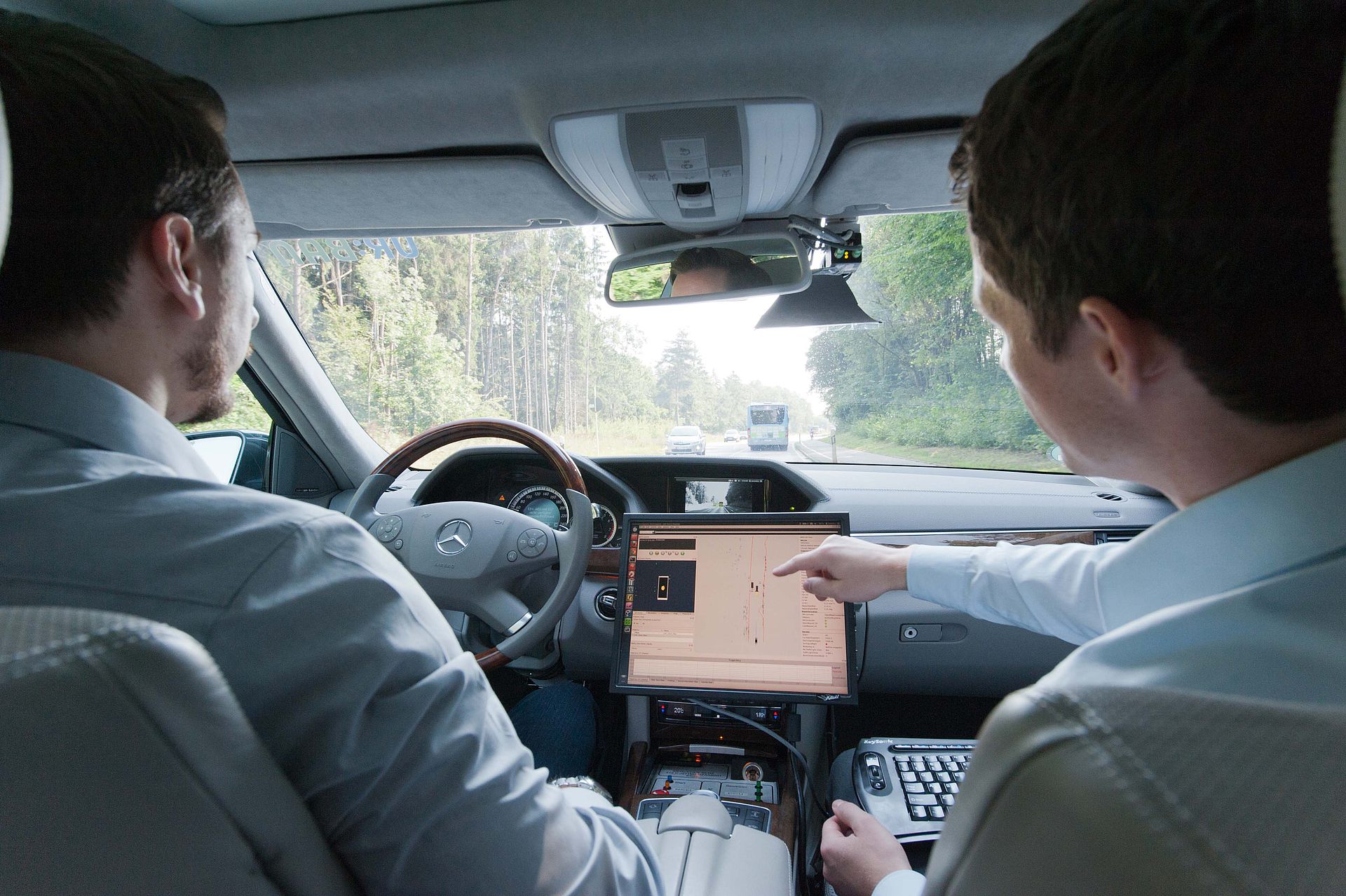Perfectly equipped
Our laboratories and classrooms are top of the range. Because if you want to make a difference tomorrow, you shouldn't learn the day before yesterday.

Durch die fachliche Breite der Forschung der Ingenieurwissenschaften an der Universität Ulm ist auch das Studium breit und vielfältig ausgerichtet. Dies wird z.B. deutlich durch zukunftsweisende Themen der Forschung und Lehre in Bereichen wie:
Im Unterschied zu Hochschulen, die oft von Beginn an auf bestimmte Anwendungsbereiche spezialisieren, ist das Ingenieursstudium an der Universität Ulm bewusst breiter und allgemeiner angelegt.
Bachelor of Science (BSc)
180
6
Our laboratories and classrooms are top of the range. Because if you want to make a difference tomorrow, you shouldn't learn the day before yesterday.